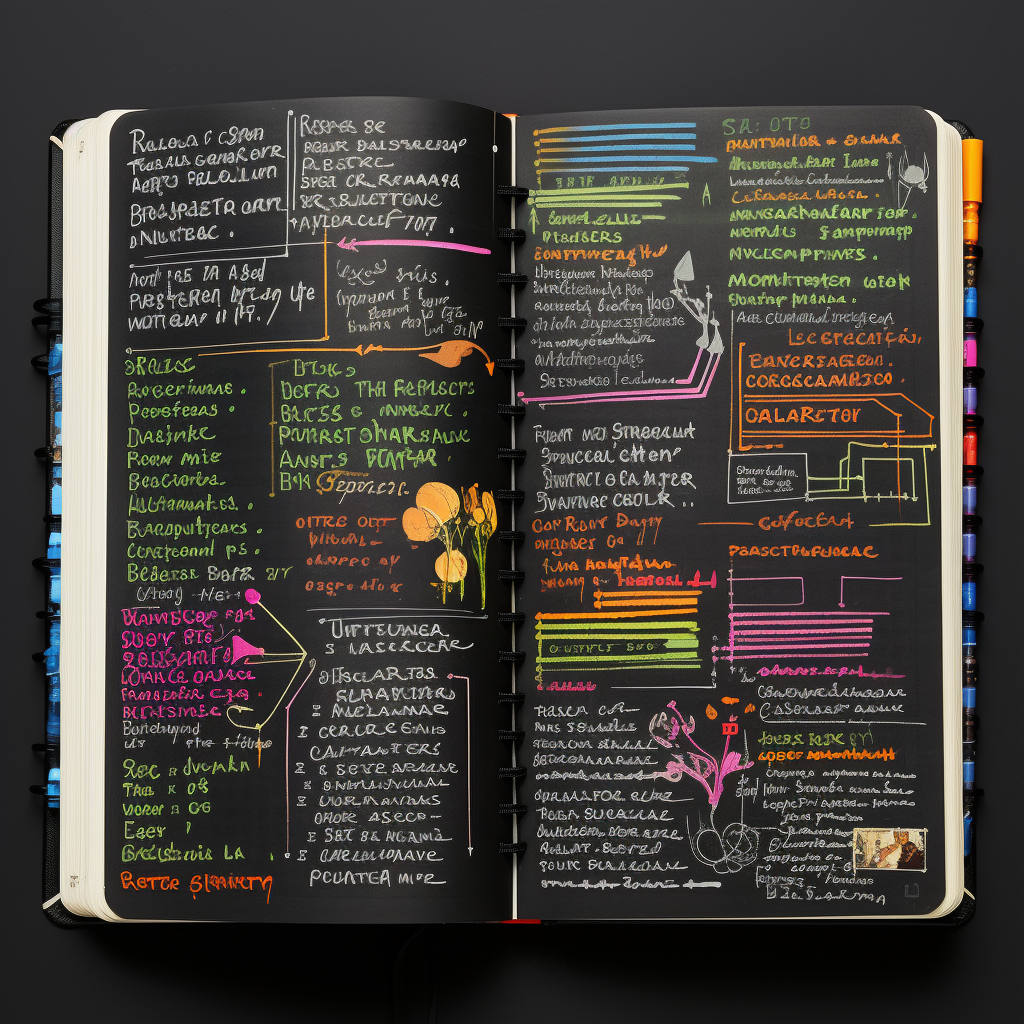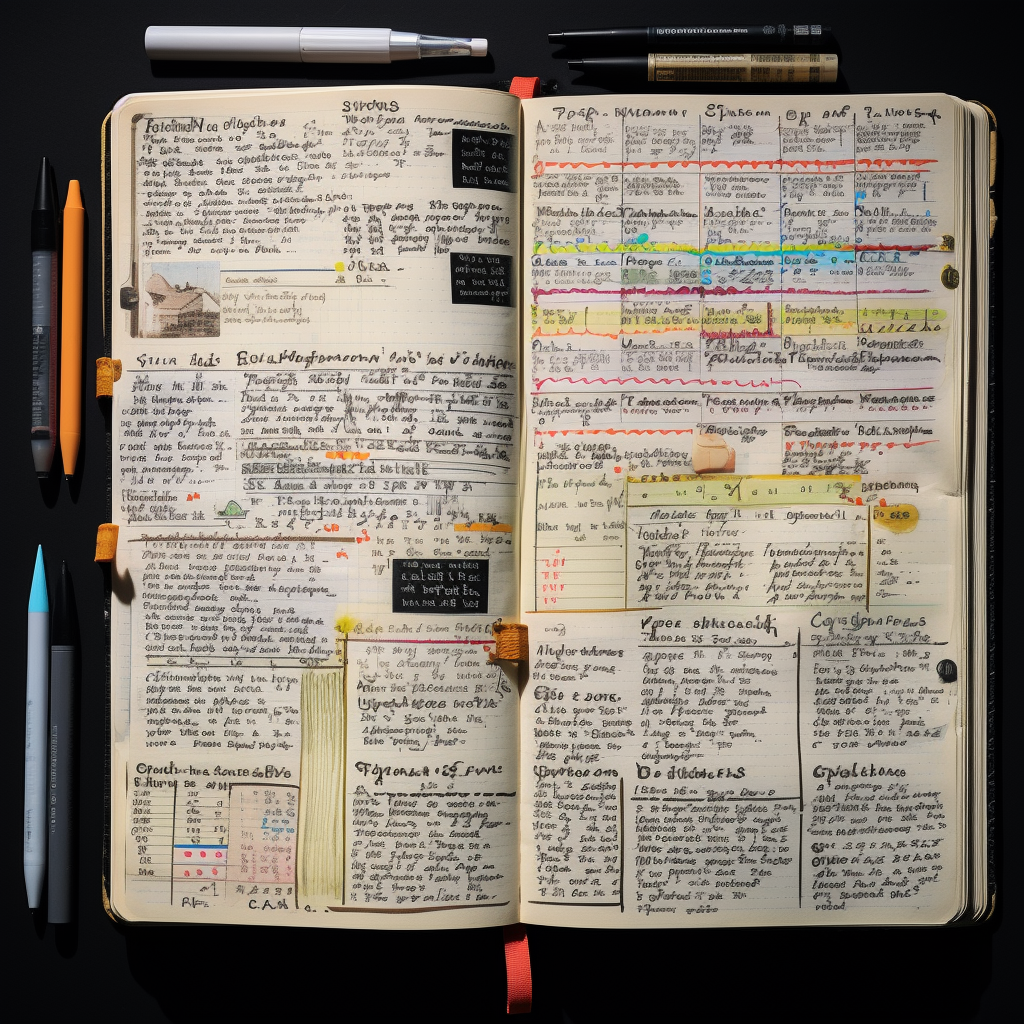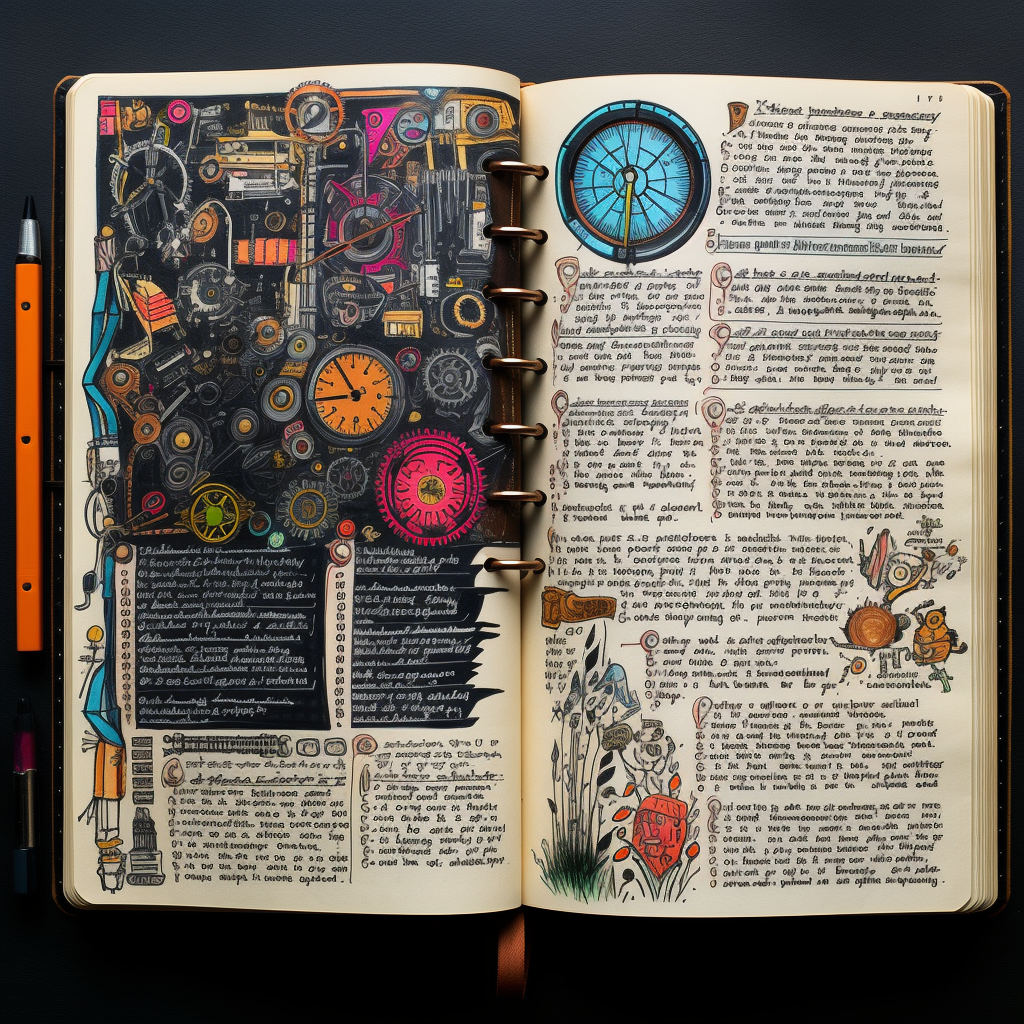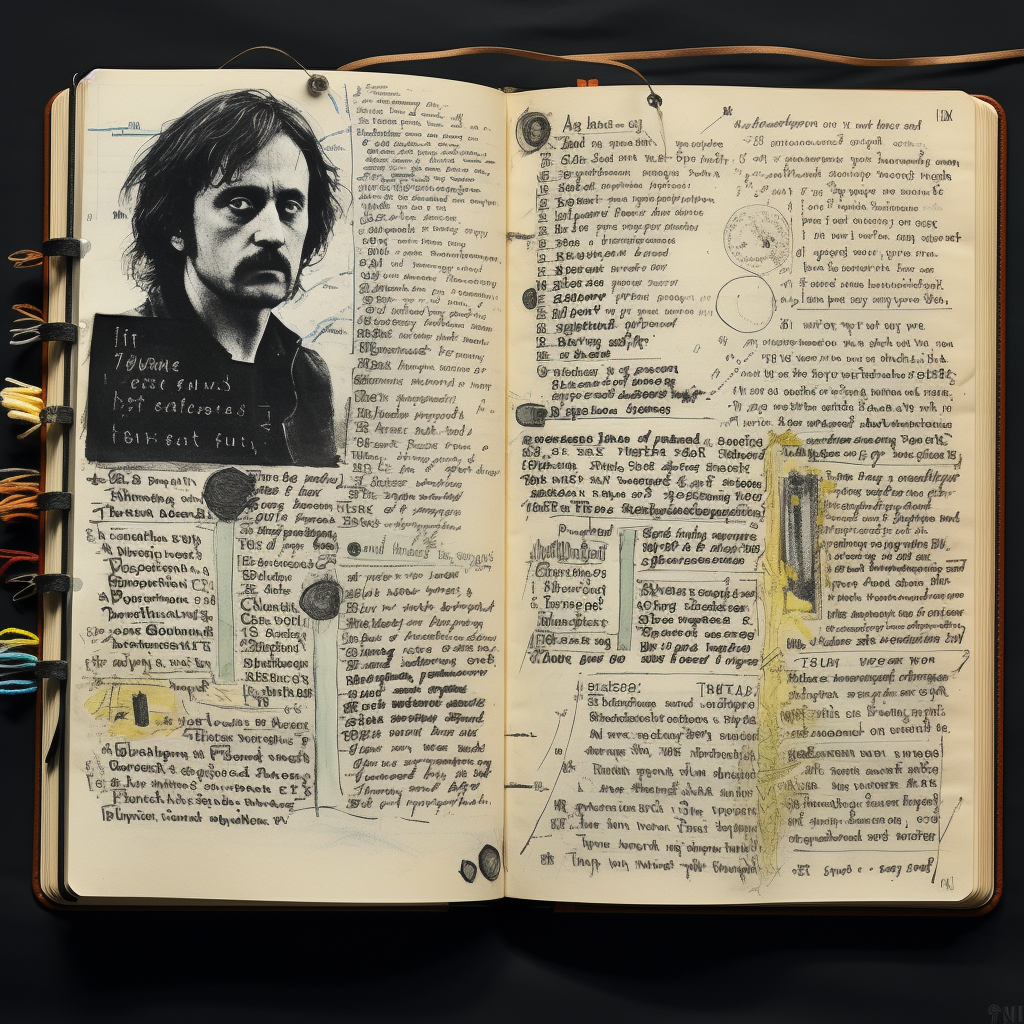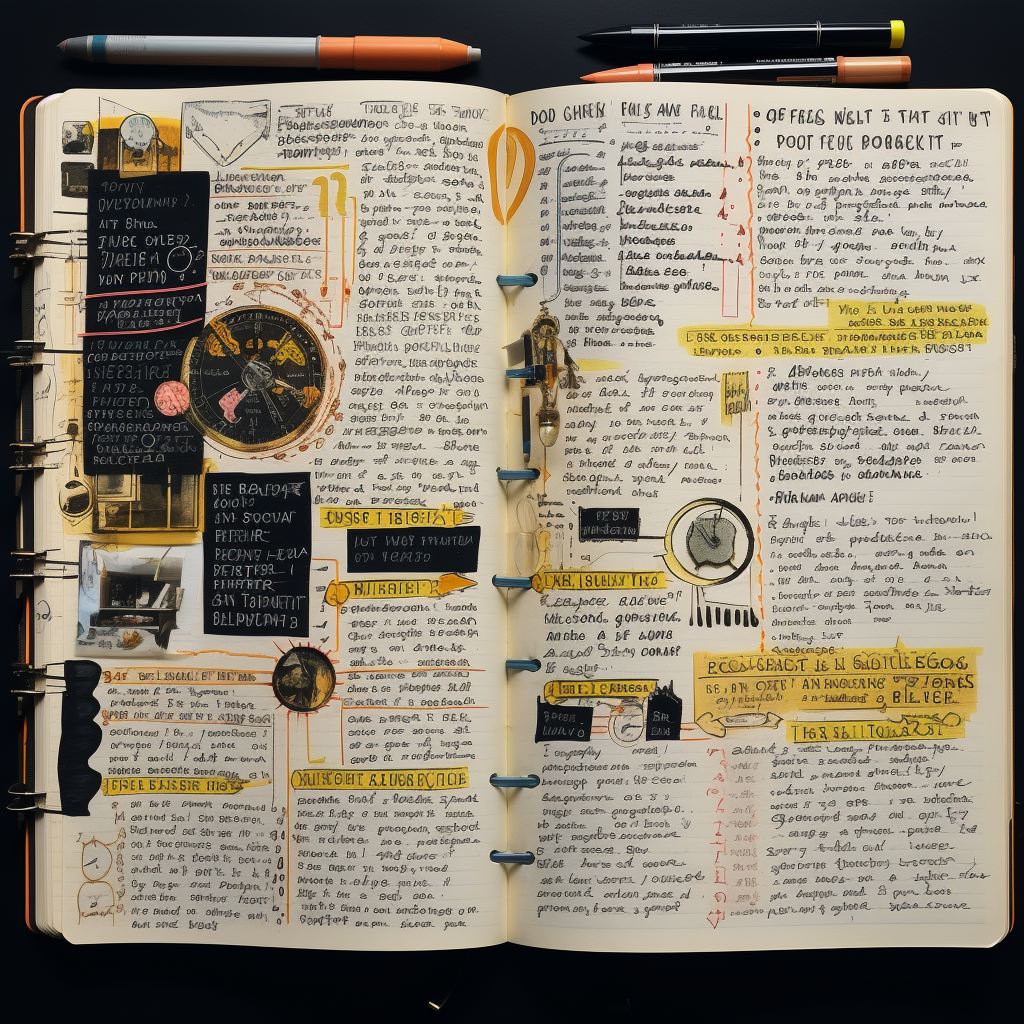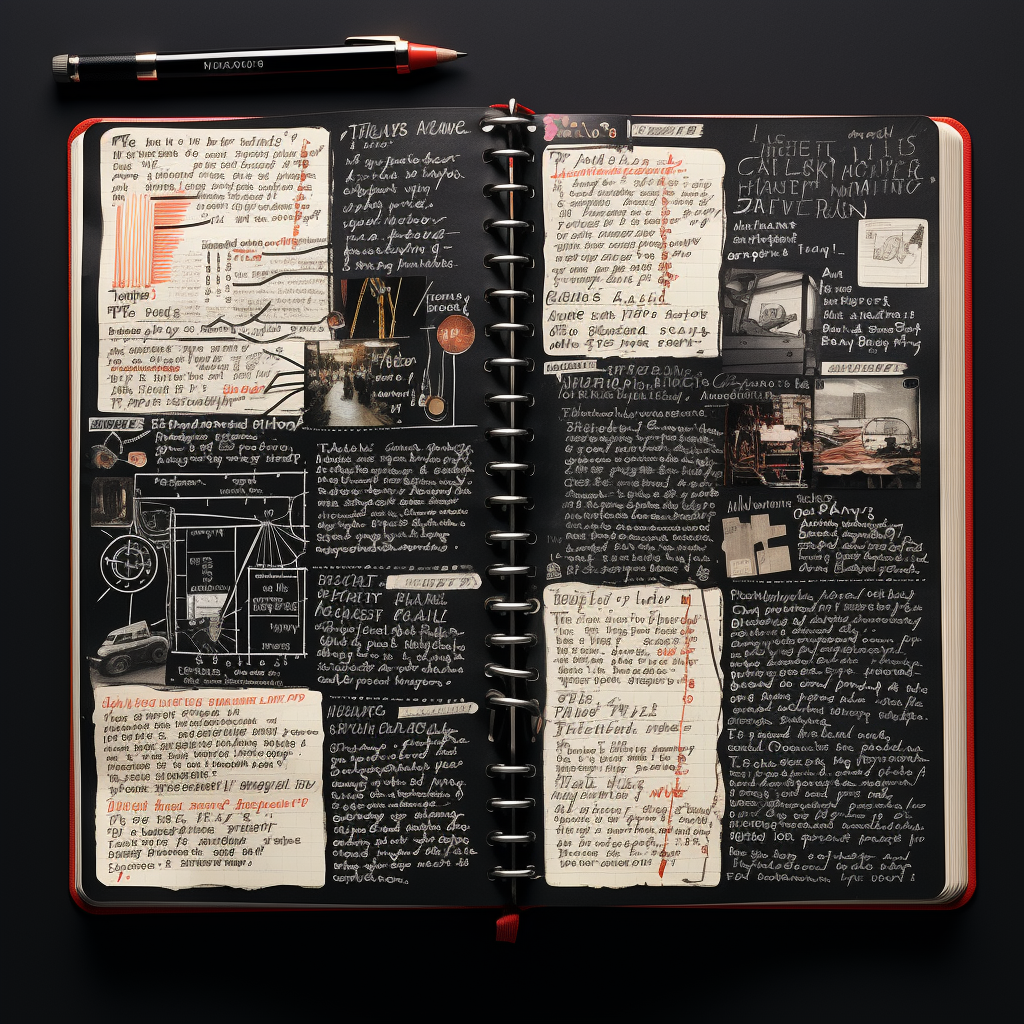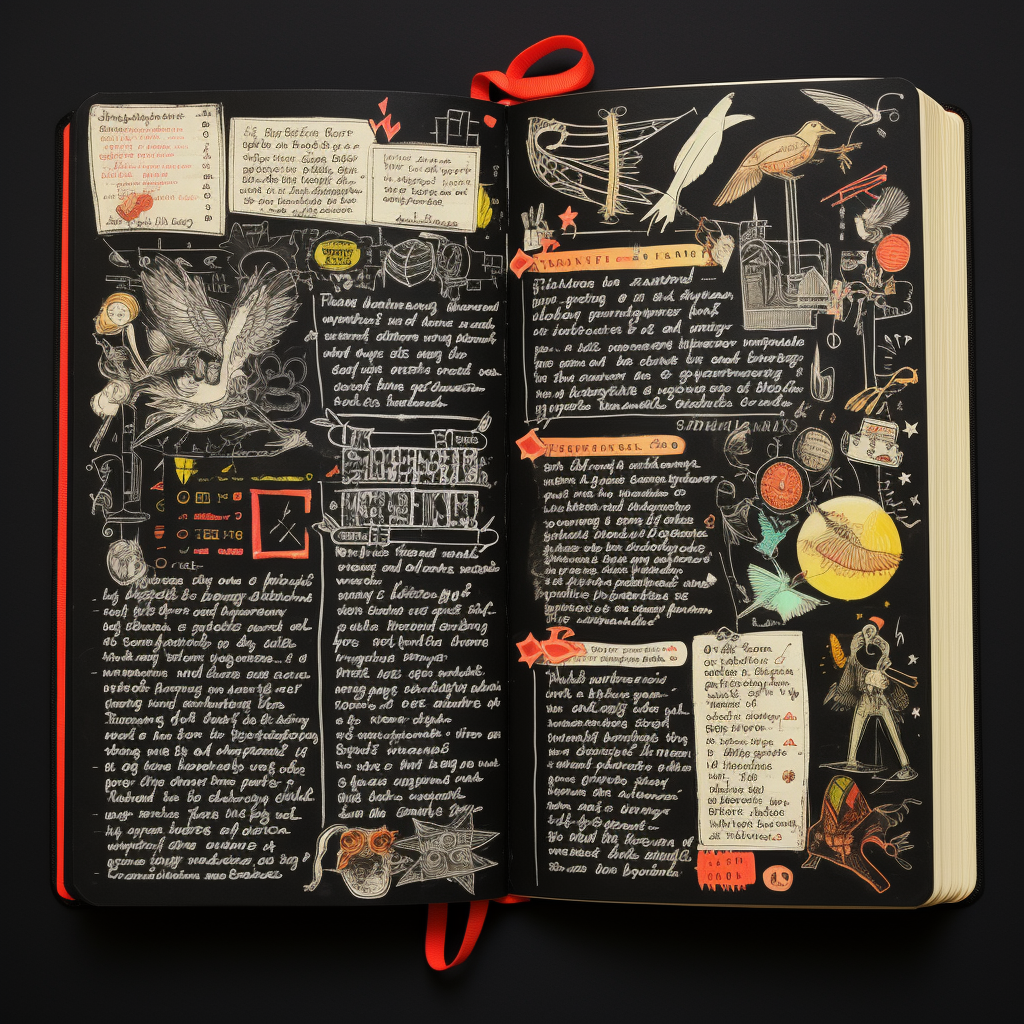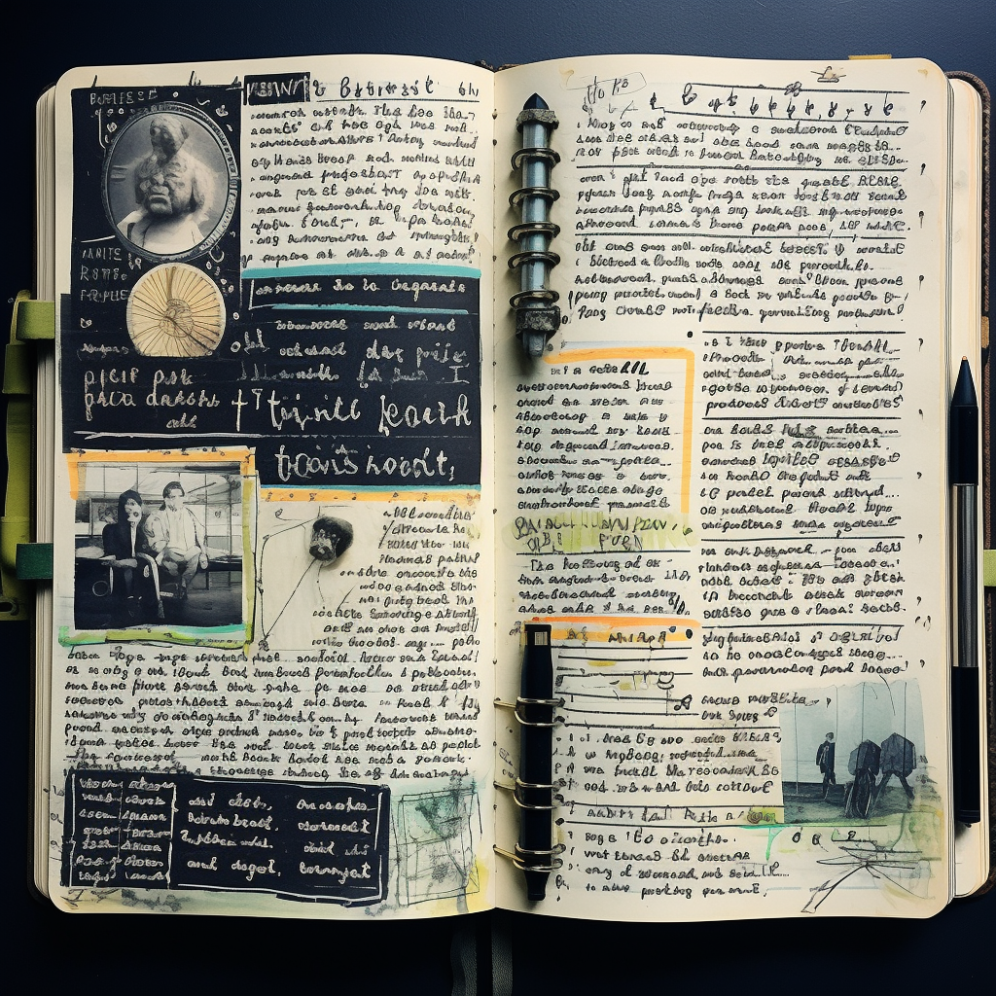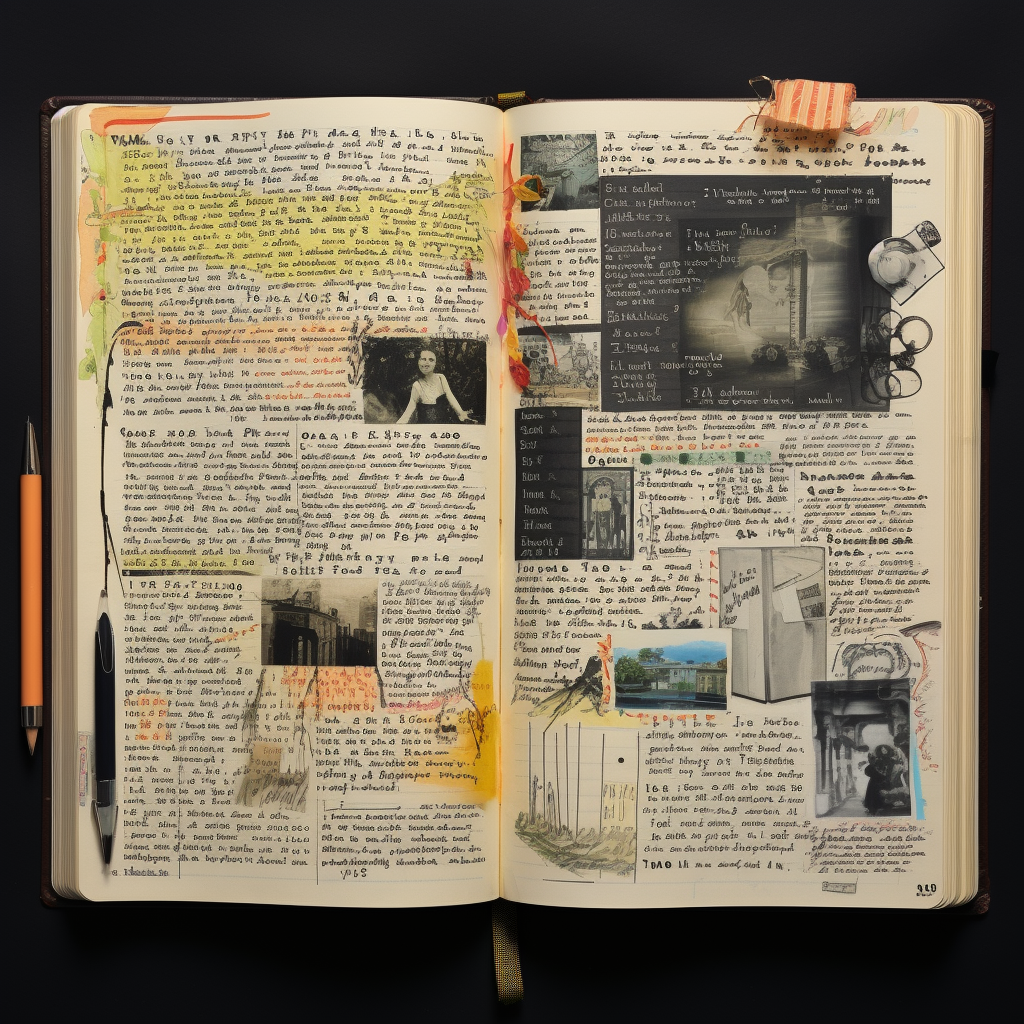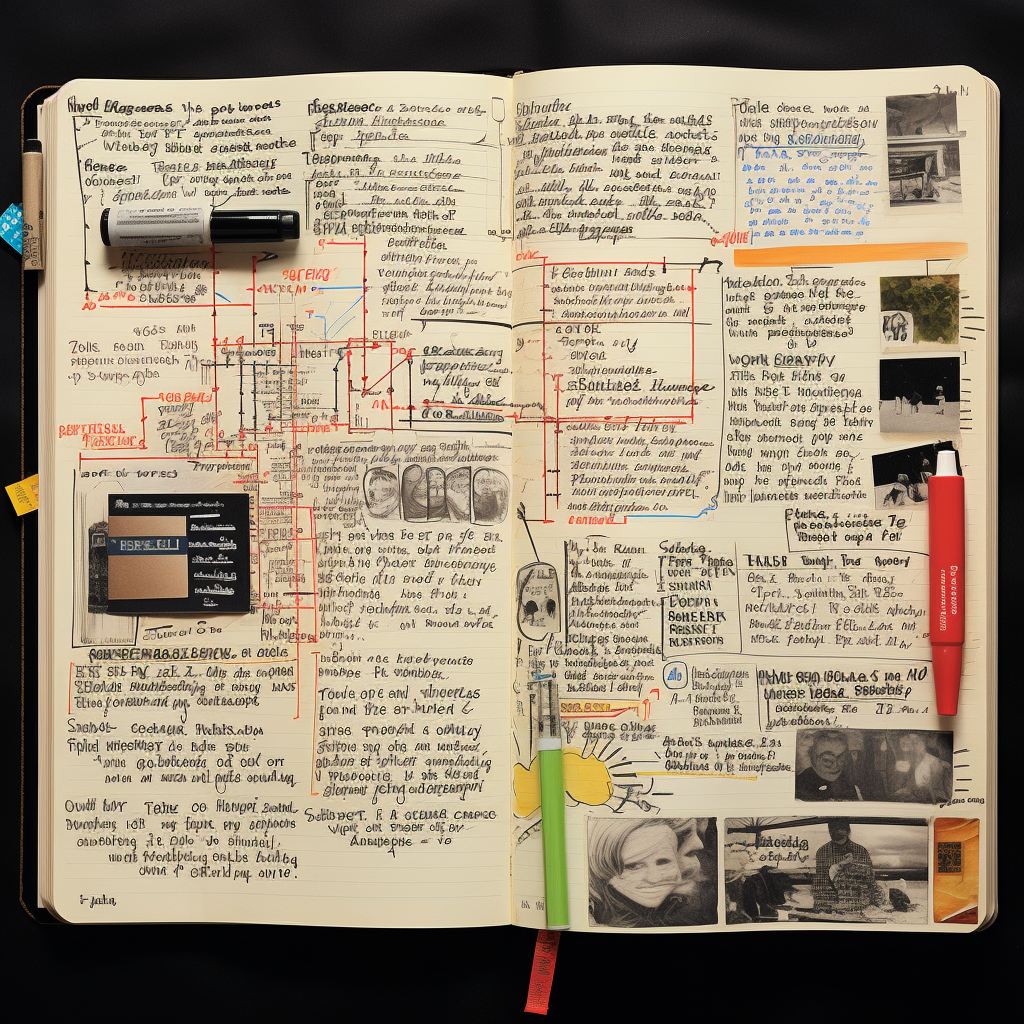Rhetoric of Endings
Thursday, 14 April 1988
Up at 7 o’c. and got papers. Back pain still continues to be a bane. Went to collect Lou’s watch at the tube. Charge was £4 which was after I’d remonstrated about 4.95!! Walked to the bank and left documents for redemption of 3% Transport ‘88 (July) and thereafter I felt so weak I wanted to flake out. The pain (between hunger pangs & rats gnawing at your belly) got worse and worse. Dragged myself round Boots & M&S to do the shopping. Home by 11.30. Ate biscuits & the relief was pretty quick but the exhaustion immense. At 12.30 had fish cakes for lunch on my own in Lou’s flat - she’s gone to her club - and then had a lie down - oh! I’m so tired these days! No energy at all. Pain came back with vengeance! Nothing seems to allay it now. Rang Sheila at Murray-Lyon & rang agent & rang these video people. Sheila said she’d get on to Reynolds about an operation and we’ve said some time after 25 April. Even if the op. don’t work, I can’t be any worse off than I am at the moment.
Had meal with Lou at 5.30. Saw the News, watched the dreary saga of murder & mayhem. By 6.30 pain in the back was pulsating as it’s never done before … so this, plus the stomach trouble combines to torture me - oh - what’s the bloody point?
The diary ends. A sheet of blotting paper remains inserted at this page.
This is one of my favorite, yet saddest endings. It’s the final entry in British actor and comedian Kenneth Williams’ diary, which was posthumously published five years after his death in 1993. It is brutally final in its hopelessness. Williams, his faded career greatly diminished from what it had been twenty years previously, was living a life between daily triviality and searing physical pain. His despair and frustration are everywhere in his final entry, as if all the light had gone out of his life. Many have read the entry as a suicide note, as Williams was found unresponsive the next morning. But the coroner recorded an open verdict with the cause of death an overdose of barbiturates in combination with a cocktail of other medication. It remains unclear if it was an accident.
True to the format of a diary entry, the sentences are simple, descriptive and brief. They intersperse the mundane tasks of the day with acute descriptions of the physical pain he was experiencing, causing a tension between Williams’ outer and inner worlds. Outside had lost its appeal, and inside had been drained of energy but unrelenting illness. Yet the ending is one of sentence level tension itself. The final line ‘what’s the bloody point?’ is both cliffhanger and exhausted cry for help. It remains an endless rhetorical question to which there can never be an answer. It is as abrupt as it is final, even though there are hundreds of previous diary entries which foreshadow the finality of this entry. Within the United Kingdom, Williams was still popular enough for many of his diary’s readers to know what was coming, but it is still alarming in the harshness of its ending.
The ending also serves as a response to the opening of the diary entry. A list of trivial chores punctuated by physical pain is descriptive in substance and emotive in tone. It combines the short term tasks with the long-term pain, where the hopelessness of the ending asks what it’s all for anyway. But ending on a question also leaves the reader with the responsibility to try to answer Williams’ question for themselves. What is the bloody point? Wasn’t Williams’ own life, one of fame and popular engagement, enough? Why, after a lifetime of success, did he remain so unfulfilled and alone? He finds little solace in both his medication, which appears to do very little, or the device we often turn to for distraction, the television. Both are proven impotent in the final paragraph, but perhaps like Williams himself, we are still unprepared for the end when it comes.
Williams, K. (1993). The Kenneth Williams Diaries. Harper Collins Publishers.






















